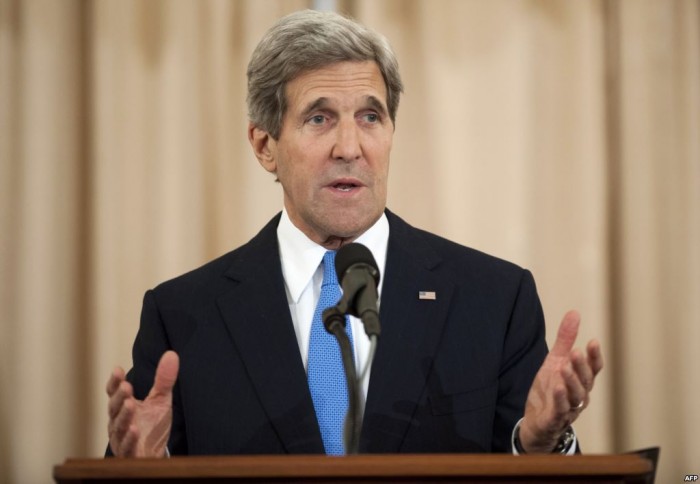July 4th commemorates U.S. independence from Great Britain 237 years ago. It was another 87 years before slavery was abolished. But has slavery really been abolished? Is everyone free? When will victims of human trafficking celebrate their “independence day”?
 Firecrackers, parades, sales, and the décor of red, white and blue can be seen and heard each year as we celebrate Independence Day. Our freedom in the U.S. was hard won and indeed should be celebrated! But we must remain aware that not everyone is free—freedom is only a dream for many. There is no celebration of independence for victims of sex trafficking. While the U. S. declared itself free of Great Britain 237 years ago, encoding our rights and freedoms into the law of the land involved the efforts of many. Similarly, victims of human trafficking will achieve independence because of the efforts of many.
Firecrackers, parades, sales, and the décor of red, white and blue can be seen and heard each year as we celebrate Independence Day. Our freedom in the U.S. was hard won and indeed should be celebrated! But we must remain aware that not everyone is free—freedom is only a dream for many. There is no celebration of independence for victims of sex trafficking. While the U. S. declared itself free of Great Britain 237 years ago, encoding our rights and freedoms into the law of the land involved the efforts of many. Similarly, victims of human trafficking will achieve independence because of the efforts of many.
My own transformation from victim to survivor to liberator was assisted by many people that gave me strength to carry on my fight. To begin with, I received services that addressed the psychological trauma I endured while enslaved. Wonderful people in the anti-trafficking community provided support and encouragement which enabled me to confidently pursue my dreams. Kevin Bales shared my story in his book, The Slave Next Door, and introduced me to the idea that I could use my story as a tool to educate, inform, warn, encourage and even liberate others! I am empowered when my voice is heard by Attorneys General from around the country and when my employer, Shared Hope, seeks my advice on policy. And I am deeply grateful for the help of Betty Llorente, past president of the Florida Association of Criminal Defense Attorneys who made my case the first human trafficking case taken on by the Dade County “Put Something Back” pro bono project.
In 1776, John Adams, leading advocate of America’s freedom said of Independence Day: “It ought to be commemorated as the day of deliverance, by solemn acts of devotion to God Almighty… solemnized with pomp and parade…from one end of this continent to the other….”
As I read this I wondered when and how we will celebrate the day of deliverance for victims of human trafficking. I didn’t have to think long to realize there is already much to celebrate—I see survivors around the country who are playing an active role in the fight against human trafficking; they are writing books, putting on plays, providing services to other survivors, running successful businesses and much more. And I celebrate my recent graduation from college and my involvement in the anti-trafficking movement provides proof to other survivors that we can be overcomers.
Most of all, I celebrate the anointing of Jesus Christ on my life as I continue this journey, carrying out what I believe to be a divine assignment. What are you celebrating this Independence Day?








